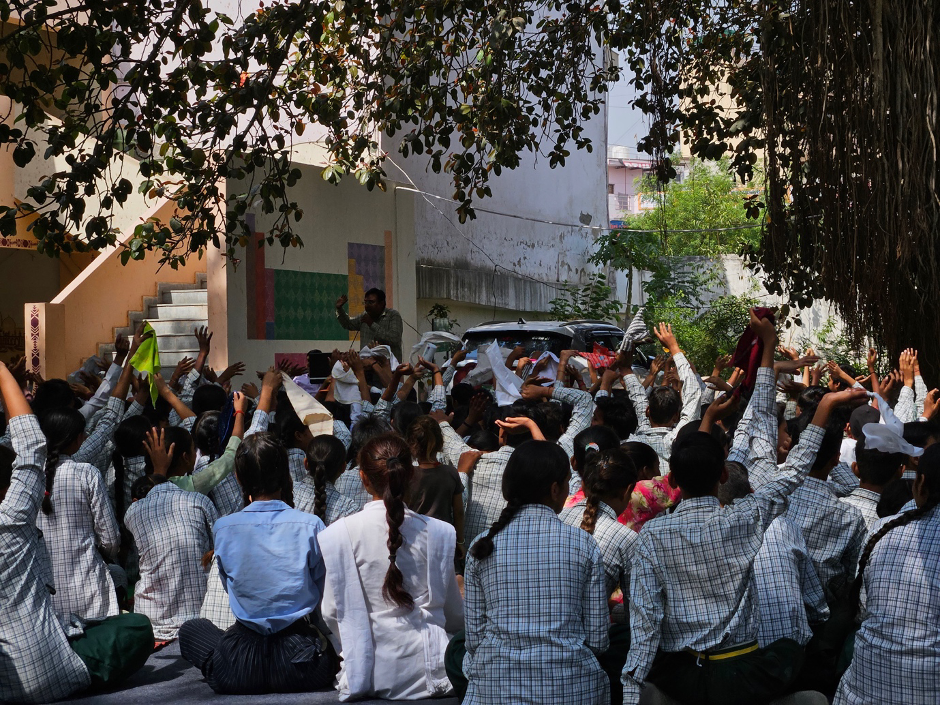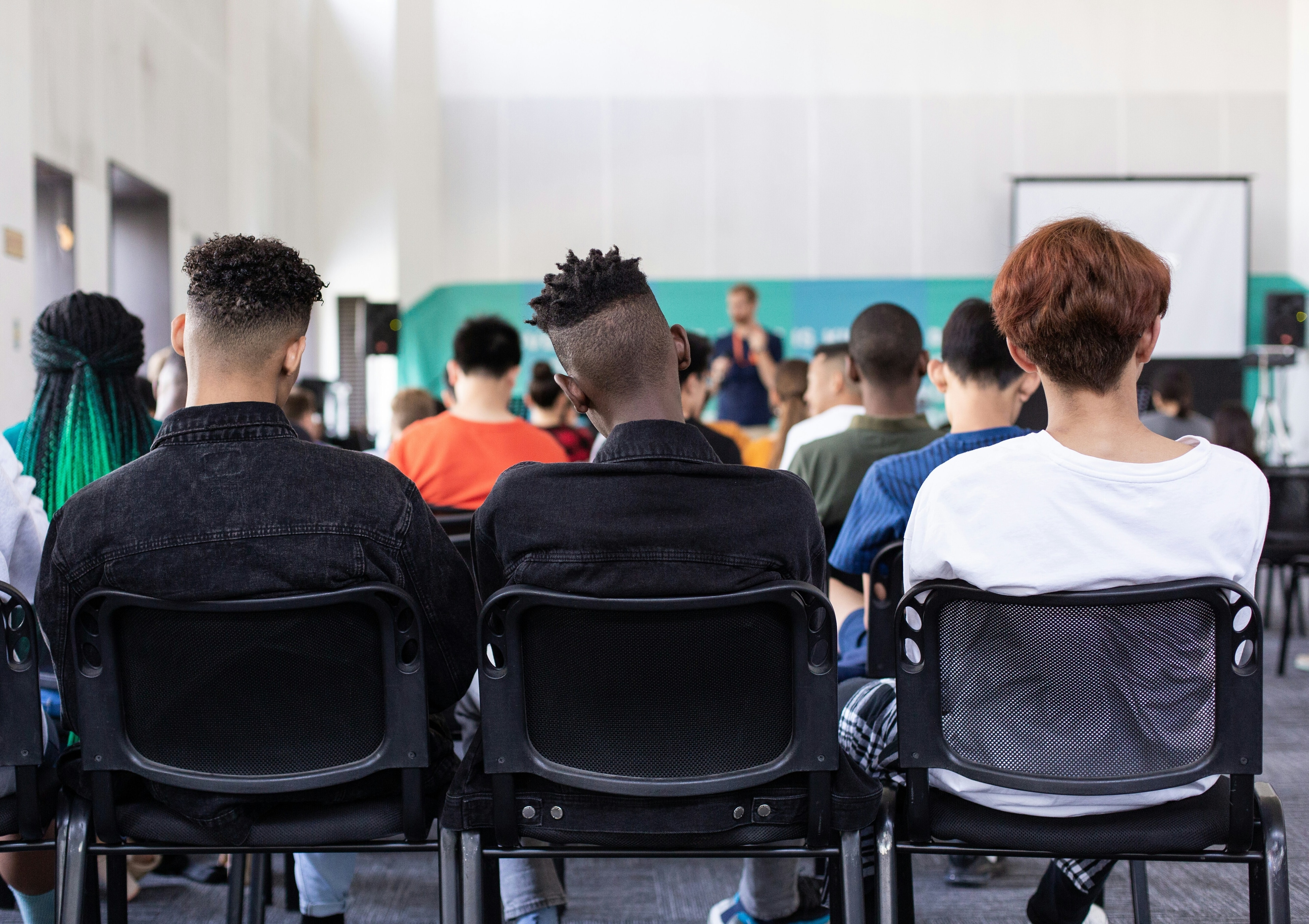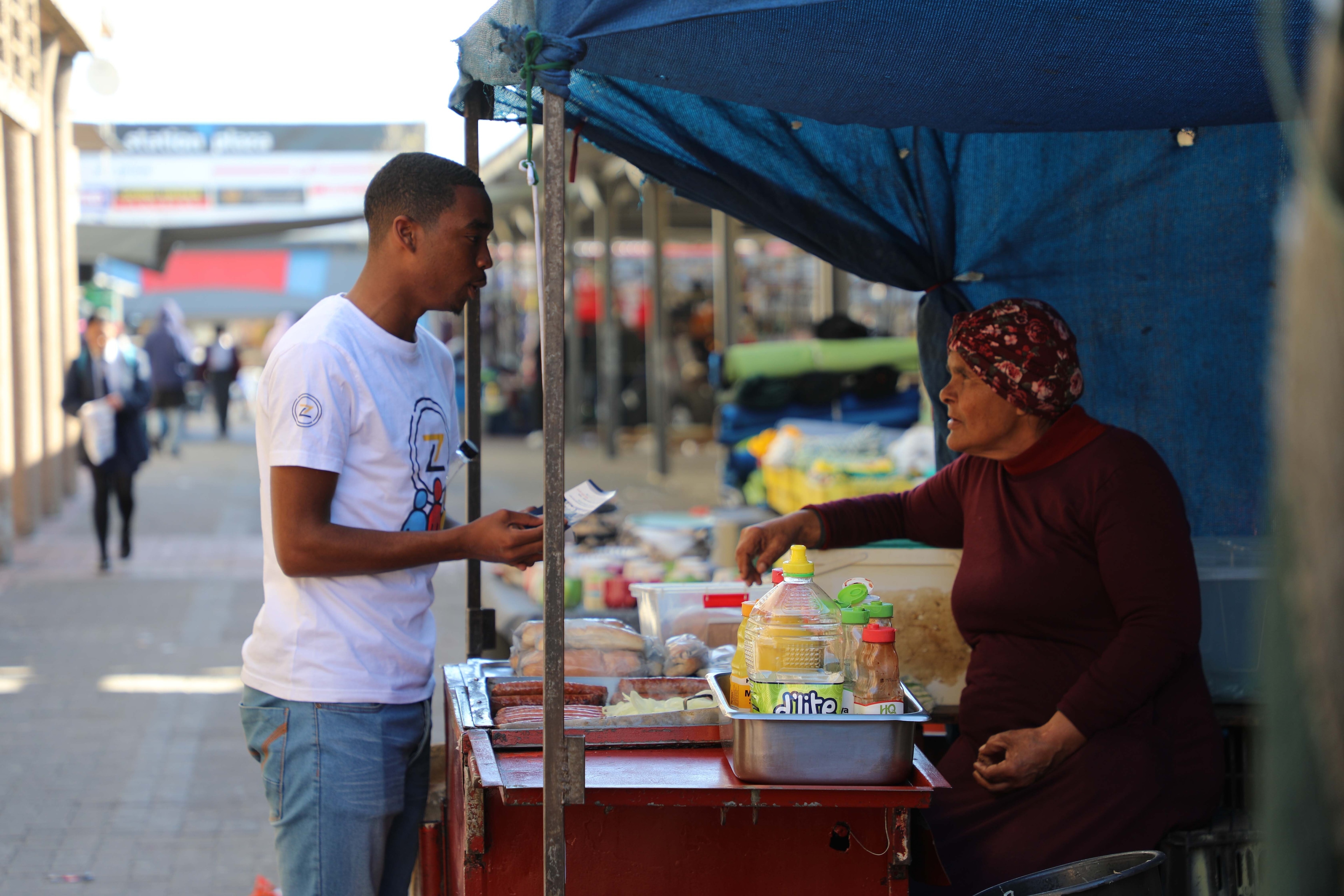Children have better lives but worse mental health than their parents, say young people

Most young people feel the world is getting better over time, and children in their country will be more prosperous than their parents. Image: Unsplash/ Verne Ho
Listen to the article
- Young people think children today have better lives than their parents did growing up and will be wealthier than mum and dad.
- People in richer nations and the over-40s are less convinced this is the case, according to a major global survey by UNICEF.
- 15-24-year-olds are also more optimistic about the quality of childhood in relation to safety, education, healthcare, opportunities to play, and access to clean water and healthy food.
- The survey also covered attitudes to technology, equality and climate change.
Most young people feel the world is getting better over time, and children in their country will be more prosperous than their parents.
But, according to a global survey of over 22,000 young people from 21 countries, this optimism about the future is not as strongly felt in older generations or richer nations.
The Changing Childhood Project, a collaboration between the United Nations Children’s Fund (UNICEF) and research company Gallup, found that a median of 57% of young people thought the world was becoming a better place with each generation. And over half also thought children would be better off than their parents.
But 59% of 15-24-year-olds in richer countries thought today’s children would be worse off than their parents.
And when it comes to the opinions of the over-40s, half thought children would be worse off. Overall, with each additional year of age, people are 1% less likely to say the world is becoming a better place
The UNICEF project is seeking to find out what it is like growing up today, and how young people see the world.
The survey, conducted between January and June 2021, revealed a gulf between generations in terms of how they identify with the world around them, their outlook and, in some cases, their values.
“In the face of unfolding crises, including the COVID19 pandemic and the climate crisis, and despite rising inequality and struggles with mental health, young people are more likely to believe that the world – and childhood itself – is getting better with each generation,” the report authors say.
“Born into a more digital, interconnected, and diverse reality, young people see a world that is largely a better place for children than the one their parents grew up in – a safer and more abundant world that offers children better education, opportunities, and hope for the future.”
An improving childhood
Younger people are also more optimistic about childhood and the progress that has been made against markers such as safety, quality of education, healthcare, opportunities to play, and access to clean water and healthy food.
However, there is far less positivity when it comes to mental wellbeing. Less than half of young respondents think children now have better mental health than their parents, with people from richer nations feeling this particularly strongly.
And both young and old respondents feel that today’s children are under more pressure to succeed than their parents were growing up.
These trends are backed up by young respondents’ own answers. More than one in three 15-24-year-olds said they often feel anxious, worried or nervous. A roughly equal number of people over 40 reported feeling the same. One in five younger respondents said they often feel depressed or have little interest in doing things, against 15% of older people.
What is the World Economic Forum doing about mental health?
The digital divide
Of all the topics covered by the survey, the biggest divide between generations is seen in regards to technology - both in terms of its use and the benefits and risks.
Nearly eight in 10 young people say they use the internet daily, compared with half of older people. Young people rely on online sources - primarily social media - to stay informed. And they express far less concern about online privacy than older users.
Overall, the younger generation sees far fewer risks and more benefits from children’s online lives than those in older generations.

A more equal world
The survey also captured people’s thoughts on topics including climate change, children’s agency and empowerment, and progress towards a more equal world.
On this last topic, there is clear agreement that women and members of racial, ethnic, and religious minorities should be treated equally. But young people are more likely to say it is important that LGBTQ+ people be treated equally. On average 71% of young people said it was somewhat or very important, compared with 57% of older people.
Don't miss any update on this topic
Create a free account and access your personalized content collection with our latest publications and analyses.
License and Republishing
World Economic Forum articles may be republished in accordance with the Creative Commons Attribution-NonCommercial-NoDerivatives 4.0 International Public License, and in accordance with our Terms of Use.
The views expressed in this article are those of the author alone and not the World Economic Forum.
Stay up to date:
Youth Perspectives
Forum Stories newsletter
Bringing you weekly curated insights and analysis on the global issues that matter.
More on Youth PerspectivesSee all
Christie Burley and Inés Yábar
November 5, 2025









